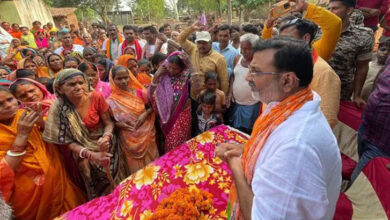Empowering Bhutan’s Workforce: World Bank Urges Comprehensive Reforms for Women and Unskilled Labor
In a bid to revolutionize Bhutan’s workforce dynamics, the World Bank has unveiled a groundbreaking report outlining key recommendations to address gender disparities and elevate opportunities for unskilled workers. The Labor Market Assessment Report, released today, sheds light on the existing imbalance where high-skilled jobs are predominantly occupied by men, leaving women and low-skilled individuals grappling with limited prospects.
The report identifies six major challenges that have emerged in the aftermath of the pandemic recovery phase in 2022. A glaring concern is the stark contrast in labor force participation between men and women, with only 53% of women actively engaged compared to the more robust 73% male participation rate.
An eye-opening revelation from the report is the prevalence of women in low-productivity sectors, predominantly agriculture, further hindering their professional growth. To tackle these issues head-on, the World Bank experts advocate for strategic policy reforms aimed at providing employment opportunities for low-skilled women in urban areas.
Phillippe Leite, Senior Social Protection Economist at the World Bank, emphasized the need for comprehensive policies, stating, “Our policy needs to be comprehensive in a way that the employment services centers, as well as early childhood centers, can be in place to support these women to work.”
Another significant aspect highlighted in the report is the need to enhance the productivity of agricultural workers, particularly in rural areas. Despite having the highest number of employees, the agricultural sector faces challenges in elevating productivity levels, a factor crucial for the overall economic development of the country.
The comprehensive analysis of Bhutan’s labor market aims to identify pressing challenges post-pandemic recovery and proposes proactive measures to address these issues. The World Bank’s recommendations underscore the importance of inclusivity and sustainable development, envisioning a future where all segments of the workforce can actively contribute to and benefit from Bhutan’s economic growth.





